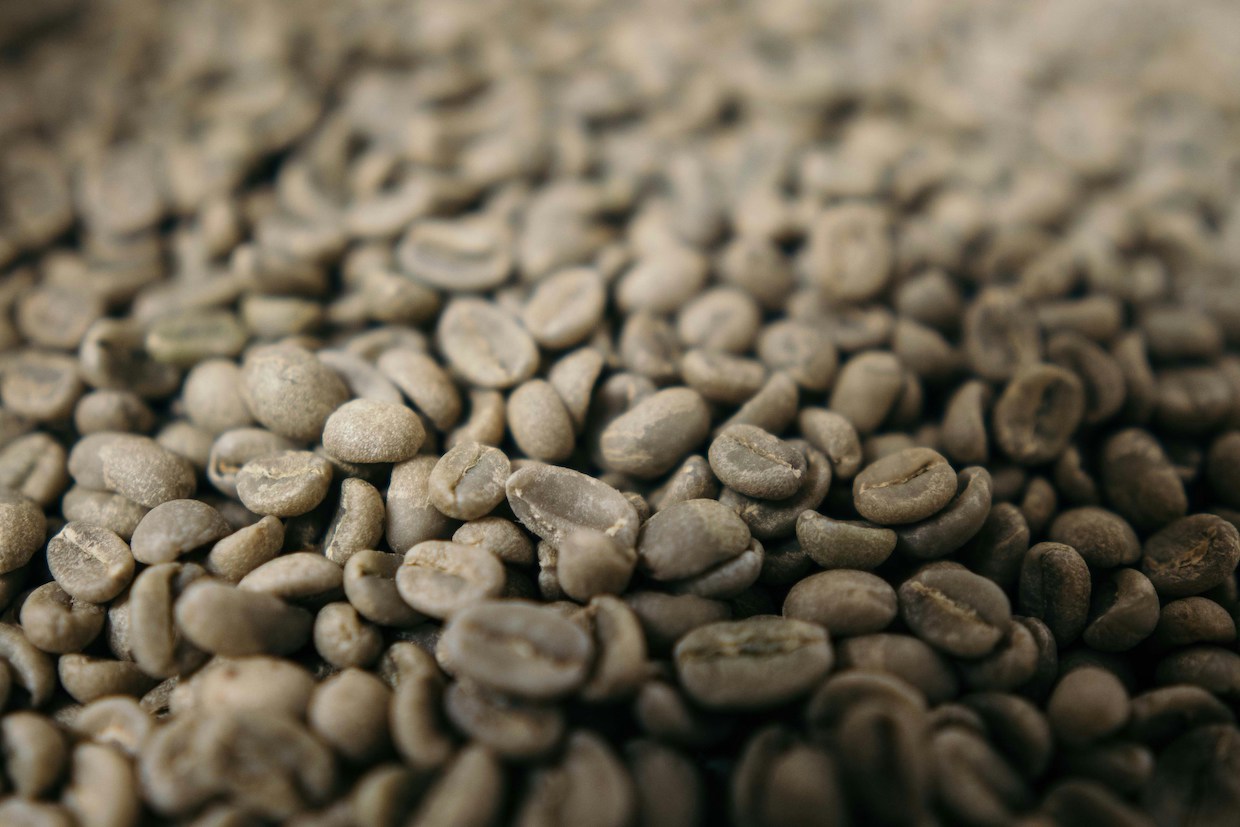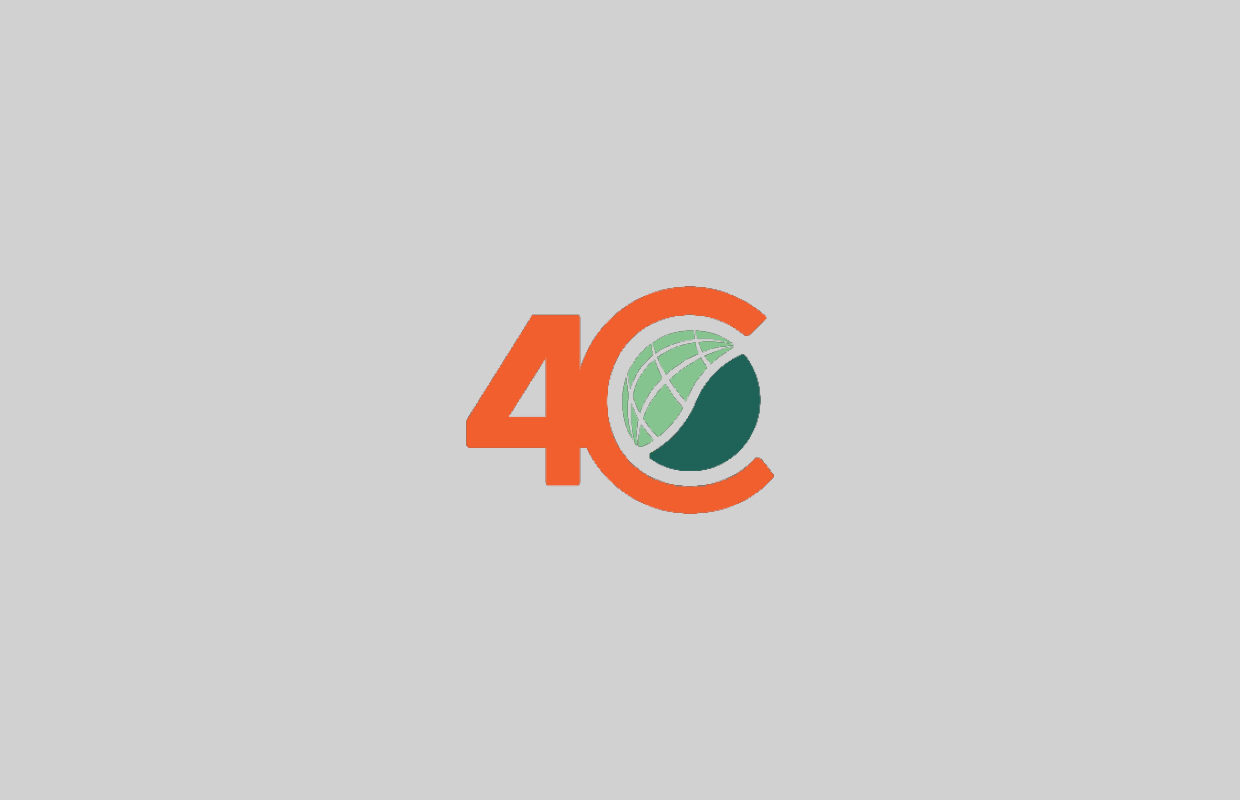Germany-based third-party sustainability certification provider 4C Services has launched a suite of services for coffee and cocoa companies seeking compliance with new European deforestation-free supply chains (EUDR) legislation.
New reporting documents are being integrated into a revision of the 4C certification system scheduled to take effect Jan. 1, 2025, just as EUDR compliance comes into full effect for large companies.
4C Services, which spun off from the 4C Association (now Global Coffee Platform) in 2016 and is based in Köln, plans to host a series of introductory webinars for all 4C users regarding EUDR compliance. The dates have not yet been announced.
The EUDR was designed by European legislators to identify risk and promote supply chain due diligence among companies benefitting from agricultural-derived products associated with deforestation, including coffee. Compliance for large organization takes effect Dec. 31, 2024, and penalties under the law may include fines and loss of government funding.
While the regulation tends to be applauded for its overarching ambitions — to prevent deforestation and associated climate impacts — it has been questioned by numerous sustainability-minded actors in the coffee sector for its potential unintended consequences, including potential negative impacts on more vulnerable small-scale farmers.
Some researchers have warned of risks to farmers and producer groups in specific countries, while other reports have suggested EU companies are largely unprepared for EUDR compliance altogether.
4C Services joins a growing number of third-party actors appealing to the private sector regarding EUDR compliance. Other recent examples include a deforestation-monitoring program led by Fairtrade International, and a compliance service created by the Intercontinental Exchange (ICE), which maintains the commodities price benchmark commonly known as the C Price.
4C services says that it is collaborating with the Global Risk Assessment Services (GRAS) project, which is supported by the German food and agriculture ministry, for satellite mapping services related to EUDR. The GRAS services are being integrated with 4C’s existing sustainability compliance and traceability platforms.
The 4C website currently includes several templates — including a self-assessment form and a self-declaration form — designed for EUDR compliance in coffee.
Comments? Questions? News to share? Contact DCN’s editors here.








Comment